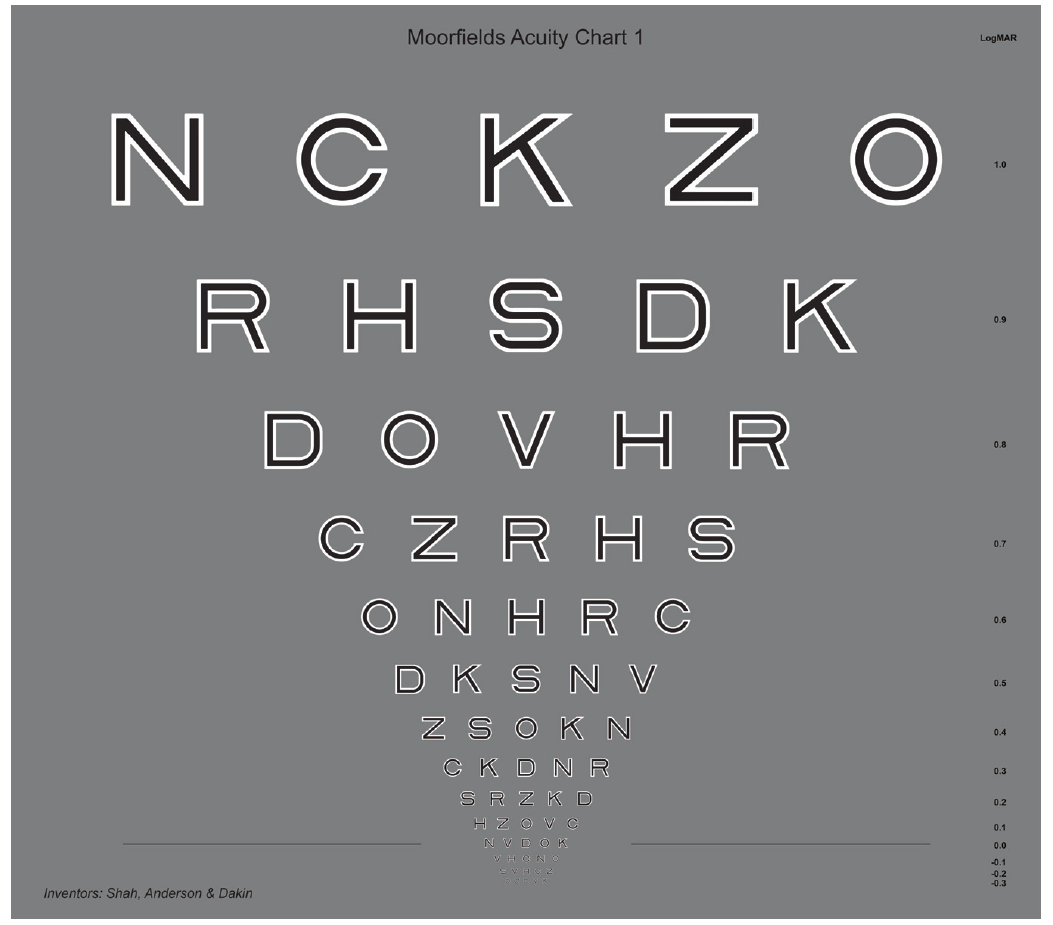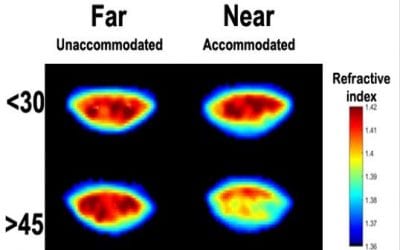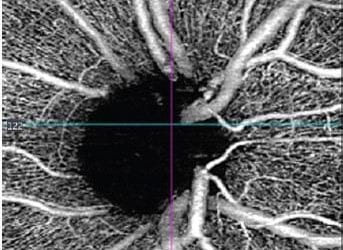Ageing Vision
As we age, changes occur to our vision and eye health, and with an aging population, age-related diseases of the eye, such as glaucoma and macular degeneration, are becoming more prevalent.
Researchers in the School of Optometry and Vision Science are involved in the development of eye charts and objective vision testing techniques that may enable improved detection and monitoring of age-related eye conditions.
In addition, changes at the back of the eye (the retina and the optic nerve) are being investigated as potential markers of disease progression in Alzheimer’s disease and other neurodegenerative disorders.
We currently receive funding from:
- Brain Research New Zealand – Training hearing and vision perception in noise in adults with mild cognitive impairment
- Faculty Research and Development Fund – Early Retinal Markers of Frontotemporal Dementia
- Brain Research New Zealand Explorer Grant
The Moorfields Acuity Chart 1, a visual acuity chart which is more sensitive in the detection of early visual changes in age-related macular degeneration.
This chart was developed by then-Head of School, Professor Steven Dakin, and his collaborators Professor Roger Anderson (Ulster University, Ireland), and Nilpa Shah (Moorfields Eye Hospital, UK).
Research topics
Investigating the age-related alternations of lens physiological optics usring MRI
The lens physiological optics depends on its water and protein contents. The lens physiological optics alters with ageing, leading to the onset of presbyopia and nuclear cataract. The mechanism behind remains uncertain, owing to lack of non-invasive tools for...
The presbyopia study: using clinical optometry and MRI to study ageing and accommodation in the lens
Presbyopia, or the loss of accommodation power of the human lens, leads to the loss of clear near vision in adults >45 years old. This study investigates how the lens changes shape, position, and internal properties as we change viewing distance, and how this...
Identifying early retinal markers of frontotemporal dementia
Frontotemporal dementia (FTD) is a leading cause of early onset dementia. It is crucial to identify individuals who are in the early, pre-symptomatic stages of FTD, particularly as treatments are now being developed for neurodegenerative disorders. Imaging of the eye...







